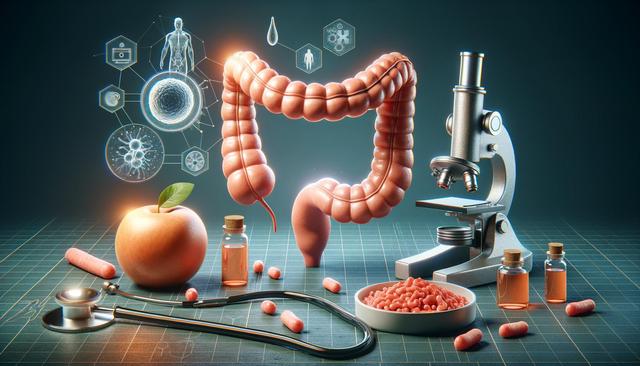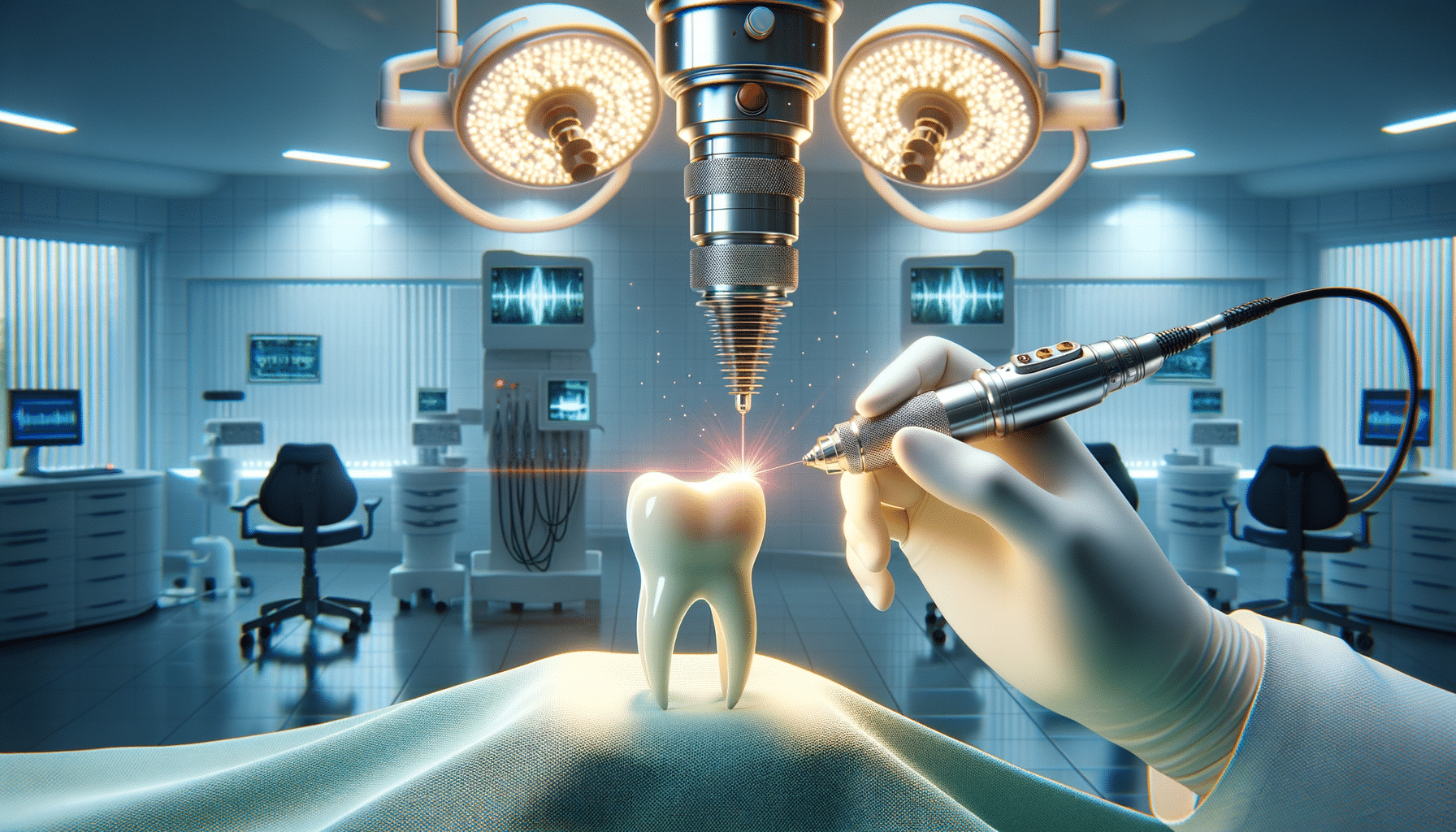
Colon Cancer Doesn’t Wait — Neither Should You
The Silent Killer: Why Colon Cancer Is So Dangerous
Colon cancer is often referred to as a silent killer for a reason. It can develop slowly over several years, and in many cases, it shows no symptoms until it has progressed to an advanced stage. For this reason alone, it’s vital that adults, especially those over 40, start paying attention to their digestive health. Unlike some cancers that may present early warning signs, colon cancer can be quietly growing without causing noticeable pain or discomfort. This makes proactive screening not just important, but potentially lifesaving.
Once symptoms do appear, they might include:
- Persistent changes in bowel habits (diarrhea or constipation)
- Rectal bleeding or blood in the stool
- Abdominal discomfort such as cramps, gas, or pain
- Unexplained weight loss
- Fatigue or weakness
Because these signs can easily be attributed to less serious conditions, many people delay seeing a doctor. Unfortunately, that delay can allow the cancer to advance. Colon Cancer Doesn’t Wait — Neither Should You. Early detection is key to increasing survival rates and improving treatment options.
Shocking Statistics / Quick Facts
Understanding the scope of colon cancer’s impact can be a wake-up call. Here are some quick facts that highlight the urgency of early detection:
- Colon cancer ranks among the leading causes of cancer-related deaths worldwide.
- 1 in 23 men and 1 in 25 women will be diagnosed with colon cancer in their lifetime.
- When detected early, the 5-year survival rate for colon cancer is over 90%.
- Regular screenings can prevent about 60% of colon cancer deaths.
- Despite its preventability, millions of adults skip routine screenings each year.
These numbers are not just statistics—they represent lives affected, families changed, and opportunities for prevention missed. By understanding the facts, individuals can make informed decisions about their health and take proactive steps toward prevention.
Personal Story or Hypothetical Scenario
Imagine a 47-year-old named Alan. He’s healthy, active, and has no family history of cancer. He occasionally experiences mild stomach discomfort but shrugs it off as stress or diet-related. During a routine check-up, his doctor recommends a screening test because he’s over 45. Reluctantly, Alan agrees. The results reveal early-stage colon cancer. Thanks to that screening, he undergoes treatment and makes a full recovery. Alan’s story could be anyone’s story—which is why early testing matters.
Real Stories and Testimonials from survivors often echo the same message: “I didn’t think it could happen to me.” These personal journeys underline the importance of not waiting for symptoms to appear. They also serve as powerful reminders that taking simple actions today can change the outcome of tomorrow.
Whether it’s a friend, a neighbor, or a family member, many people know someone affected by this disease. Their experiences highlight the life-altering impact of timely diagnosis and how a simple test can lead to a second chance at life.
The Solution: What You Can Do Right Now
Taking control of your health starts with education and action. Here’s what you can do today to reduce your risk and catch colon cancer early:
- Schedule a screening if you’re over 45—or earlier if you have a family history.
- Talk to your doctor about which test is right for you (colonoscopy, stool tests, etc.).
- Adopt a healthy lifestyle: eat more fiber, reduce red and processed meats, and exercise regularly.
- Avoid smoking and limit alcohol consumption.
- Stay informed about symptoms and share information with loved ones.
Screening options are more accessible than ever. Some tests can even be done at home. Discussing your options with a healthcare provider can help you choose the method that fits your comfort and health profile. The key takeaway? Prevention is within your reach. Don’t let fear or inconvenience delay a potentially lifesaving decision.
Why Acting Early Saves Lives
When it comes to colon cancer, time is a critical factor. The earlier it’s detected, the more treatment options are available—and the chances of survival increase significantly. Early-stage colon cancer is often treated successfully with surgery alone, while advanced stages may require more aggressive treatments like chemotherapy or radiation.
By acting early, you’re not only improving your own health outcomes but also setting an example for those around you. Encouraging friends and family to get screened can have a ripple effect, potentially saving multiple lives. It’s also worth noting that regular screening can detect precancerous polyps, which can be removed before they turn into cancer.
In summary, colon cancer is preventable and treatable—if caught early. The tools to detect it are available, effective, and increasingly convenient. It’s up to each individual to take that crucial first step. Because with colon cancer, waiting can cost lives, but acting early can save them.
Conclusion: Don’t Wait—Take Charge of Your Health
For adults over 40, awareness and action are essential. Colon cancer may develop silently, but that doesn’t mean we’re powerless against it. By understanding the risks, recognizing the signs, and prioritizing screening, you can make informed choices that protect your health. Share this information with your loved ones, talk to your doctor, and most importantly, don’t wait. Colon Cancer Doesn’t Wait — Neither Should You.


